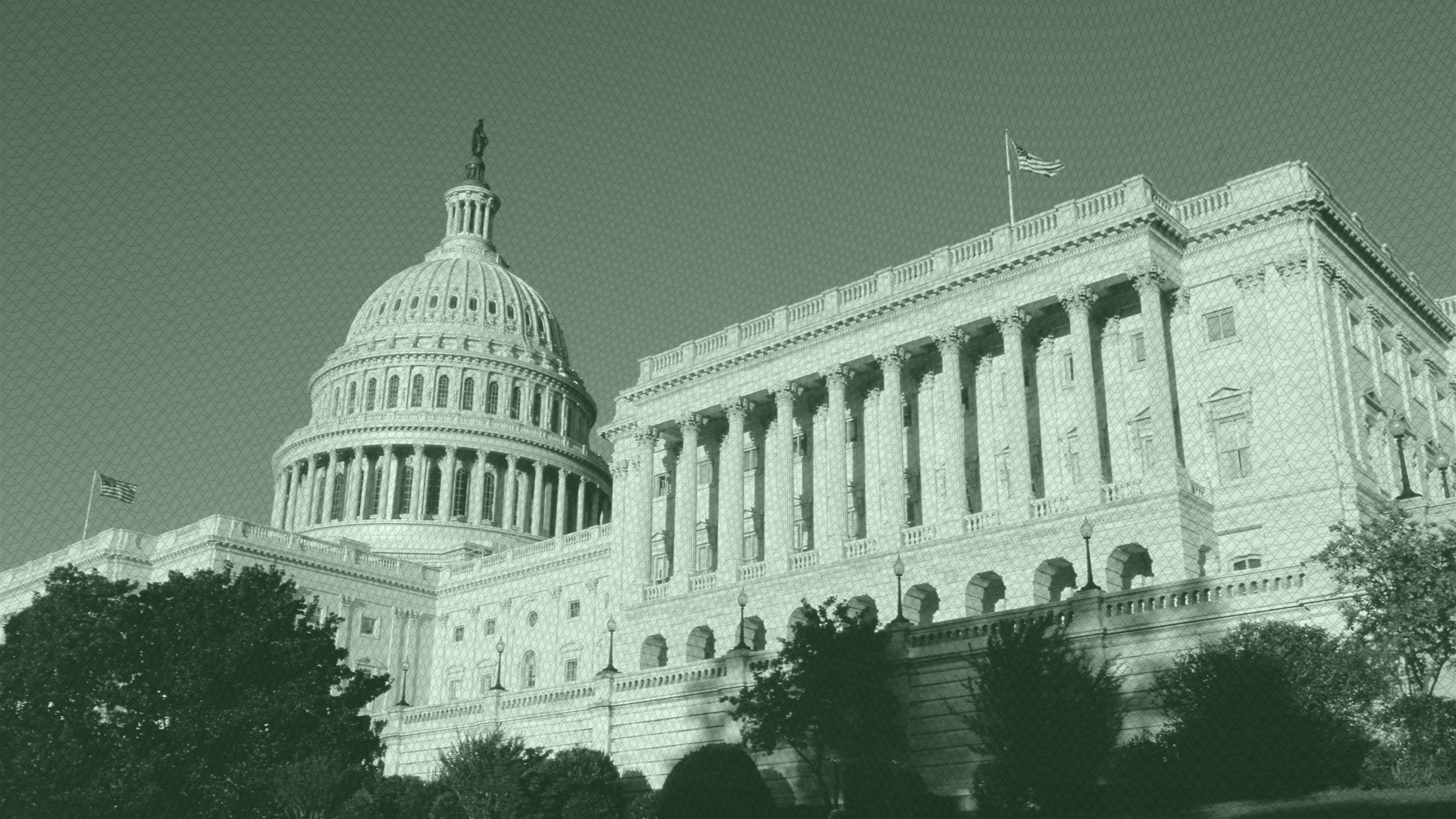Advisors Weigh In on Trump’s ‘Big, Beautiful’ Bill
While some tax saving aspects could benefit clients, advisors said other provisions could negatively impact the economy at large.

Sign up for market insights, wealth management practice essentials and industry updates.
At more than 1,000 pages long, President Trump’s tax cut bill is certainly big … but beauty may be in the eye of the beholder.
Passed by the House last week, the proposed legislation now heads to the Senate, leaving financial advisors in a holding pattern as they assess the potential impacts. While some tax saving aspects could benefit clients, advisors said other provisions could negatively impact the economy at large. What we do know is the bill is far from finalized.
“To make any drastic portfolio changes based on a bill that struggled to make it out of the House is at best a risky trade, and at worst a speculative gamble,” said Sean Dann, director of investment research at Marshall Financial.
The Dark Knights
The Congressional Budget Office projects the bill may add $3.8 trillion to the national deficit over the next decade — a key concern for the bond market. As of Friday, yields on 20- and 30-year Treasurys were trading above 5%, signaling growing investor concern over US debt. That market pressure could force policymakers to pull back spending, similar to the bond vigilantes of the Clinton era, said Mark Heppenstall, CIO at Penn Mutual Asset Management.
“The higher interest rates go, the less opportunity we have to fund things like tax cuts,” he said. “Eventually, the costs become too burdensome.”
But it’s not just the tax bill driving up yields. Inflation, tariff uncertainty, and Moody’s recent downgrade of the US credit rating are also contributing, Heppenstall said. “The whole idea of US exceptionalism is beginning to unwind, and we’re seeing a lot of stock and bond markets outperform US assets.”
Please, Pass the SALT. Another major highlight for clients is the increase in the state and local tax (SALT) deduction. Highlights from the proposal include:
- Raising the cap from $10,000 to $40,000, which would primarily benefit residents in high-tax states like New York and California, advisors said.
- A proposed increase in the estate and gift tax exemption would raise it from $5 million to $15 million in 2026.
“Having a solid number to plan with helps a lot of high-net-worth individuals plan for their heirs more efficiently,” said Matthew Saneholtz, CIO at Tobias Financial Advisors.
Make America Financially Responsible Again
A novel program in the bill is the Money Accounts for Growth and Advancement, or MAGA accounts, which would provide children trusts seeded with $1,000 from the federal government. Parents could contribute up to $5,000 per year, which will then be invested in US stocks. The funds can go toward expenses, including college tuition, small business loans, and first-time home purchases.
The accounts’ eventual value will depend on how they stack up against more traditional savings vehicles like Roth IRAs, 529 plans, and Uniform Transfers to Minors Act accounts, said Catherine Valega, a CFP with Green Bee Advisory. “Poor families will likely find themselves unable to add any funds themselves,” she said. “This will benefit mostly the wealthy who already have enough options.”











